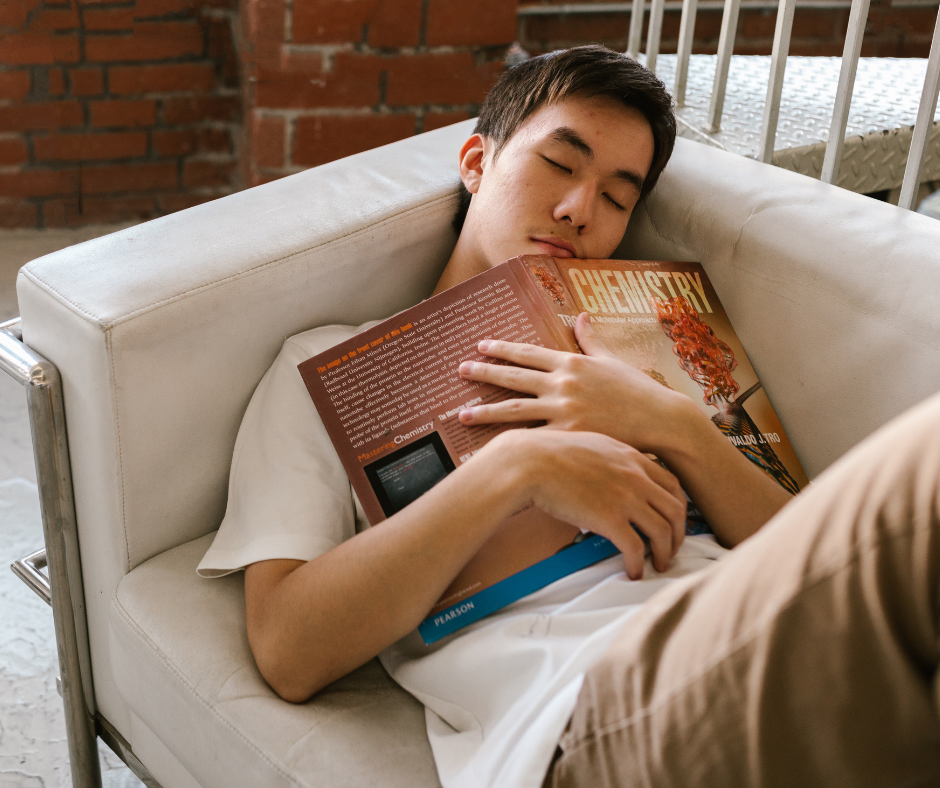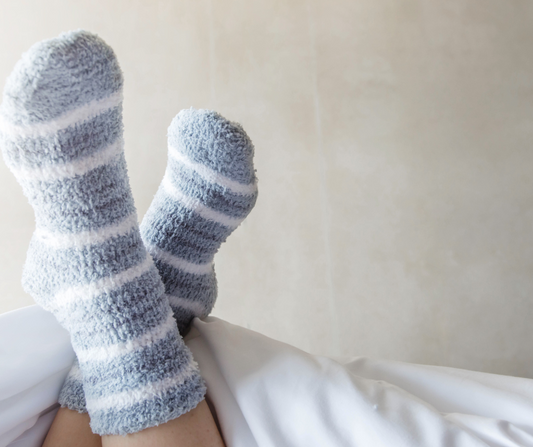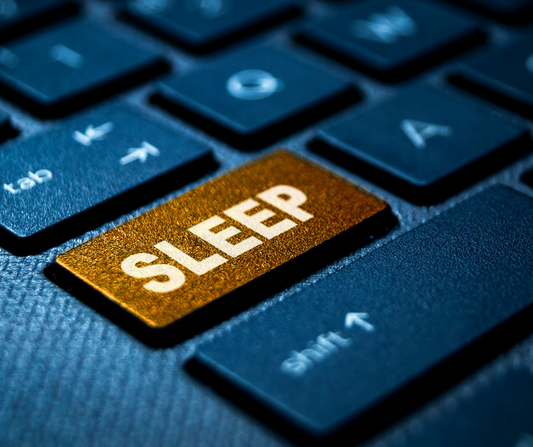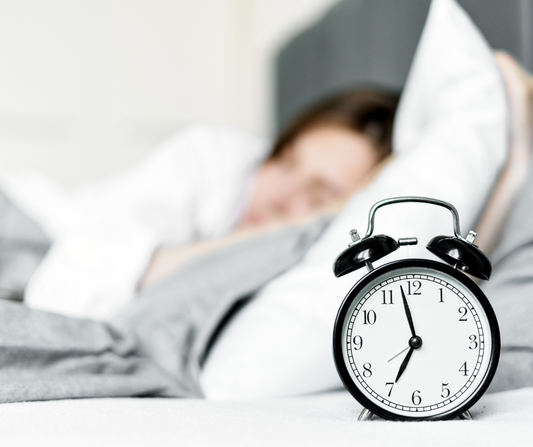High School has lots of great memories of homecoming dances and football games (Go Bells!) but it is also a very demanding time for students. It’s incredibly hard for teenagers to balance studies, sports, leadership, service hours, part-time jobs and of course, a social life.
So, it’s easy to see why almost 80% of American high school students clock less than 8 hours of sleep per night. To make matters worse, many teens “reward” themselves with screen time before bed, which stimulates the brain to stay awake. The consumption of caffeinated energy drinks to stay alert and focused during sports practices or late-night study sessions often cause sleep disruption.
It sounds like a battle that teens just can’t win.
Why is sleep especially important for teens?
Rested teens have more robust immune systems, stronger school performance and better mental health. They are more likely to avoid a host of potential problems caused by poor sleep, including lack of concentration, lethargy, crankiness, weight problems, headaches, inappropriate behavior, anxiety and depression.
Even more importantly, sleep deprivation is also linked to risky behavior because a lack of sleep affects part of a teen's developing brain which manages impulse control. Fighting, driving unsafely, and substance use is not uncommon in sleep-deficient teens.
It’s obvious that kids and teens need regular sleep. But how?
Tips to help your teen sleep better
Regular exercise and sunshine. All teens need to move but try to avoid sports practices or exercising too late in the evening. This simple step allows the body and mind to unwind and prepare for sleep.
Take a look at that schedule. If your teen is struggling to keep up with daily demands, it might be time to review expectations and take steps to help them achieve a more balanced life.
Bye-Bye Nighttime Screentime. Blue light from phones and screens can fool the brain into thinking that it's daytime which can disrupt your teen's natural levels of melatonin, a chemical that tells us we're sleepy. Why not put all the screens to bed in another room and use a good old-fashioned alarm clock instead?
Limit caffeine. Teens should steer clear of caffeine after lunchtime and avoid energy drinks altogether due to potentially dangerous side effects for young people including insomnia, anxiety and heart arrythmias.
Optimize your teen's sleep environment. Keep the room cool and dark. Provide a comfortable mattress, blankets, and a comfy pillow. (Our 6-Chamber Pillow with free shipping and returns is ideal for aiding a good night’s sleep.)
The Takeaway
Teens need healthy, restorative sleep for strong immune systems, appropriate brain development, and mental clarity. Developing good sleep hygiene habits will help teens achieve their goals now—and in the future.
Scroll down and sign up for our monthly newsletter to learn more.
Dream big, work hard, sleep ambitiously,
Joe Castignani



